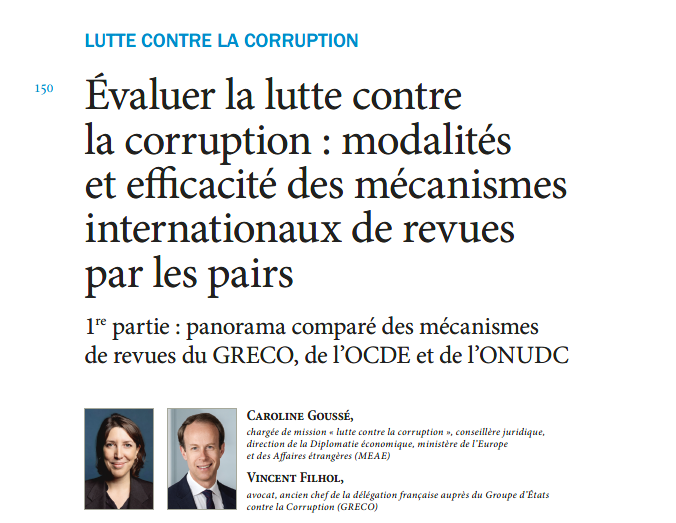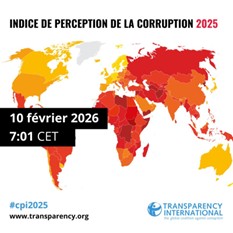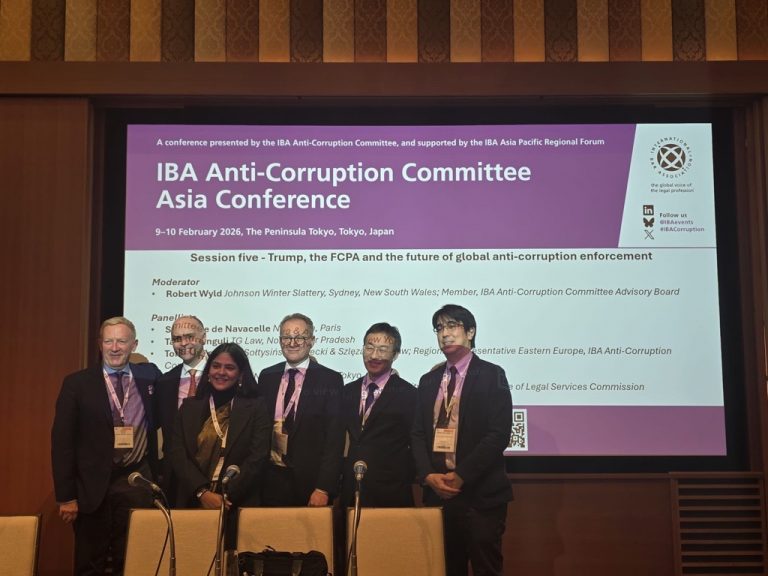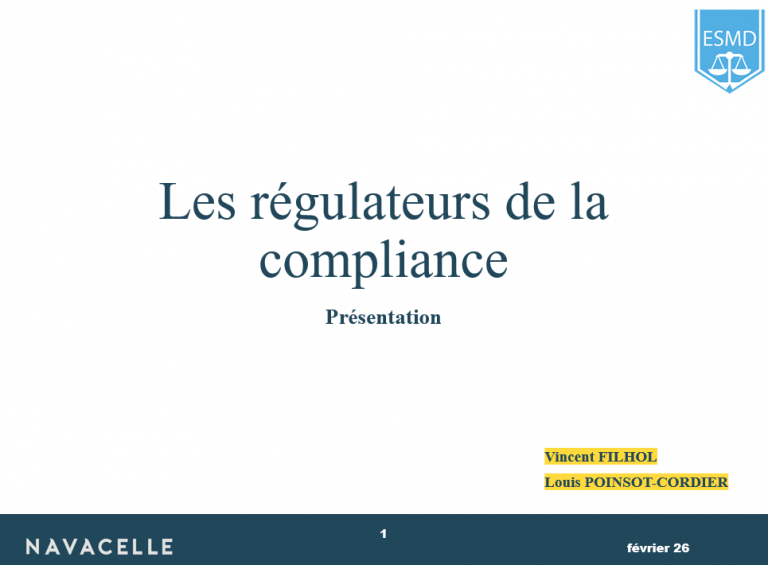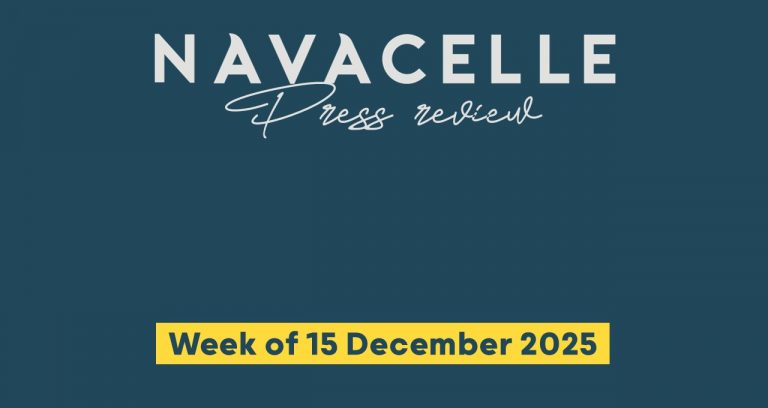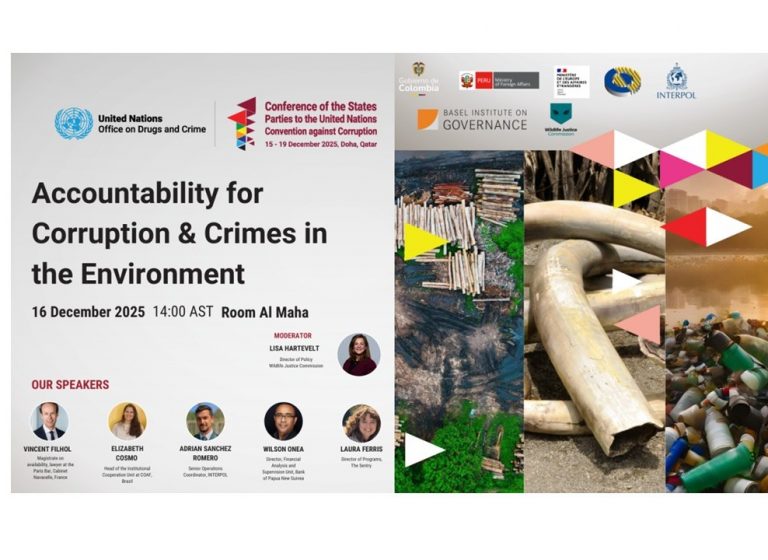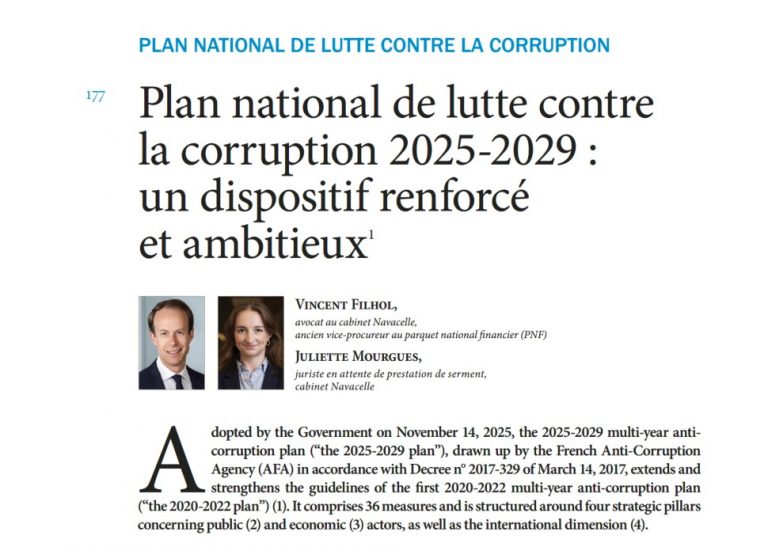As a pioneer in this area, France, referring to Rana Plaza in the parliamentary debates, has adopted the “corporate duty of vigilance law” on 27 May 2017. In blatant contradiction with this early position, and in the context of the final discussions on the text of the European directive regarding the duty of vigilance which aims at promoting sustainable and responsible behavior by companies along global value chains, France formed a blocking minority, along with Spain and Italy, to reduce the scope of the duty of care by excluding the downstream of the value chain.
This reversal illustrates the astonishing path of the duty of care in France, between textual affirmation and the challenges of an effective implementation.
According to Article 1 of the corporate duty of vigilance law, companies registered in France with at least five thousand employees within their headquarters and/or direct or indirect subsidiaries, as well as companies registered in France or abroad with at least ten thousand employees within their headquarters and/or in their direct or indirect subsidiaries, have the obligation to establish and implement a vigilance plan to identify and prevent serious violations committed by their subsidiaries and subcontractors in France or abroad against human rights and fundamental freedoms, human health and safety, and the environment.
In case of non-compliance, and within three months from a formal notice, any person with standing may apply for a court-ordered injunction to force the company to comply with such requirement. Such injunction may if necessary be granted under penalty.
The first pitfall was that the 2017 law did not specify which court had jurisdiction over this matter. The first claim was filed in June 2019 against the French company Total.
The claimant sought an injunction to have Total disclose the human rights and environmental impact of the operations of its Ugandan subsidiary. However, the lack of clarity in the law led this first injunction proceedings to a standstill due to a debate over court jurisdiction. While the claim was brought before the judicial Tribunal of Nanterre (a non-commercial venue), Total argued that the Commercial Court only had jurisdiction. On 10 December 2020, the Versailles Court of Appeal eventually ruled that the Commercial Court should be the one to rule on injunction requests relating to compliance with the corporate duty of vigilance. However, on 15 December 2021, this decision was overruled by the French Supreme Court (Cour de cassation), acknowledging the jurisdiction of the judicial court. Only a few days letter, a law of 22 December 2021 established that the judicial Tribunal of Paris had exclusive jurisdiction over the matter, closing the procedural debate.
With the clarification regarding this procedural issue, an increase of the litigation in this area could have been expected. But that is where the second pitfall emerged. Indeed, as the notion of duty of vigilance is not defined under French law, difficulties in understanding this mere notion arose.
While the Total trial on the merits was highly expected, the judicial Tribunal of Paris required the assistance of three amicus curiae to define this notion before adjourning the case to 7 December 2022. In addition to this assistance required by the Tribunal, the NGOs have filed new testimonies and evidence to prove the human rights violations they allege. They have also submitted new scientific studies and expert reports in an attempt to demonstrate the inadequacy of Total’s due diligence measures.
During this hearing on the merits of the first corporate duty of vigilance lawsuit, a battle has been waged over the scope of the obligations imposed by this duty of vigilance law. While the NGOs argued that Total’s due diligence plan lacked details of concrete measures taken by the company and did not include the environmental risks and climate impacts associated with the projects in question, Total argued that its plan is in compliance with the law. The decision will be rendered on 28 February 2023.
The first months of 2023 should therefore bring its batch of clarifications on the future of the duty of vigilance. However, let us wager that these evolutions will reinforce the obligations for the corporates in coherence with the last constraints approved recently, like the Corporate Sustainability Reporting Directive.
